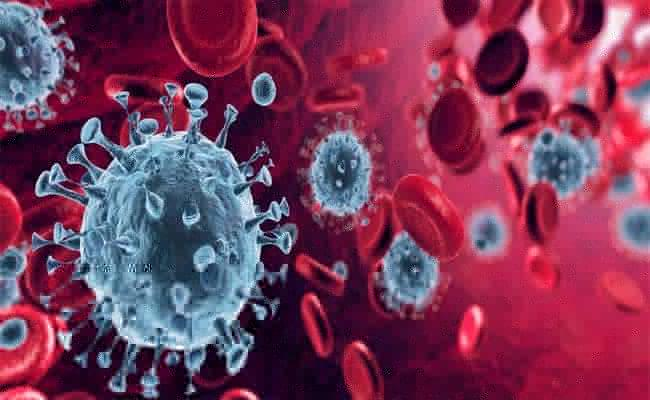
If you exercise regularly, then there are chances you may have a lower risk of Covid-19 infection and severity, including hospital admission and death, finds a new study.
The study, published in the British Journal of Sports Medicine, suggests that a weekly tally of 150 minutes of moderate intensity, or 75 minutes of vigorous-intensity, physical activity seems to afford the best protection.
"Our findings highlight the protective effects of engaging in sufficient physical activity as a public health strategy, with potential benefits to reduce the risk of severe Covid-19," said researchers, including Yasmin Ezzatvar from the Universitat de Valencia in Spain.
For the study, the team searched three major research databases for relevant studies published between November 2019 and March 2022, and from an initial haul of 291, pooled the results of 16.
The studies included 1,853,610 adults, just over half of whom (54 per cent) were women. The average age of participants was 53.
Most of the studies were observational and were carried out in South Korea, England, Iran, Canada, the UK, Spain, Brazil, Palestine, South Africa and Sweden.
The pooled data analysis showed that, overall, those who included regular physical activity in their weekly routine had an 11 per cent lower risk of infection with SARS-CoV-2, the virus responsible for Covid-19.
They also had a 36 per cent lower risk of hospital admission, a 44 per cent lower risk of severe Covid-19 illness, and a 43 per cent lower risk of death from Covid-19 than their physically inactive peers.
The maximum protective effect occurred at around 500 Metabolic Equivalent of Task (MET) minutes a week, after which there were no further improvements.
The researchers caution that the analysis included observational studies, differing study designs, subjective assessments of physical activity levels, and concerned only the Beta and Delta variants of SARS-CoV-2 rather than Omicron, all of which may weaken the findings.













